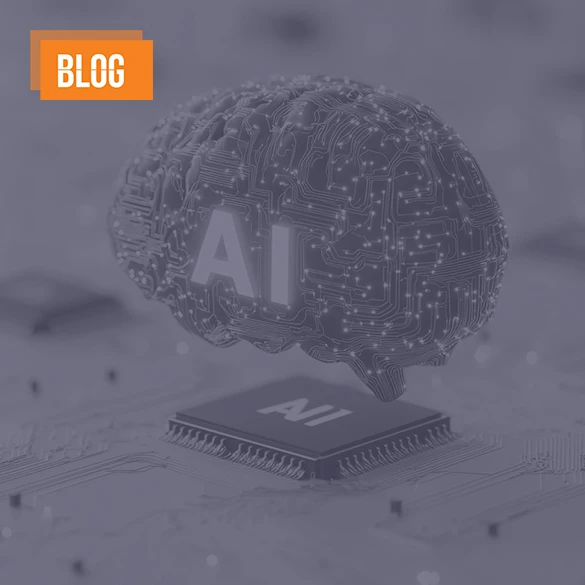2019 and The Changing Concept of Transformation


Whilst we embark on a new year with companies across industries forging lots of ambitious plans and all sorts of change programs, it’s worth reflecting on how the past year has brought inevitable developments to the concept and approaches around digital transformation.
Today digital transformation is far more than just a trendy term or the flavor of the month. In fact, a recent study from around the world shows that 97% of online companies are launching a digital transformation and this figure has risen to 67% for non-online companies. Compared to the 2017 results of the same survey, there is a 20% increase in digitalization.
At this point, we can easily say that there are very strong factors behind the accelerating pace of digital transformation. Since it is not possible to examine all the factors individually in this article, we would like to focus on the three most critical.
The first ones are the productivity and profitability factors that are very relevant to each other and pose global problems. In markets where risky economic indicators are increasing, more efficient business needs to be done for industry-independent smart management. In this respect, effective cost management is one of the prominent areas. For example, the transformation in the health and manufacturing industries is a top priority in terms of efficiency and cost reduction at a rate of 40%.
On the other hand, issues related to sustainability have also reached the peak. Both the differentiating competitive elements and market conditions along with the challenges organizations are facing in terms of growth require transformation towards sustainable business models. For instance, the growth issue, while positioned as a secondary priority factor for digital transformation in Finance, Health and Manufacturing industries, is clearly a primary priority for the Retail sector. In industries such as transportation where there is not much space for market growth, the transformation is triggered by the necessity of managing competition rather than growth.
Finally, even if not today, especially after the introduction of 5G technologies and the market conditions to be faced with after the spread of this transformative technology, speed, and digital transformation will strengthen their place as an indispensable concept in the lives of institutions. Personalized bid management, which is today is far from practice, will take its place at the core with the acceleration of 5G adoption. From this perspective, as of today, we can predict that the transformation investment of institutions will shift towards Marketing. In fact, research shows that the retail sector has pioneered in this sense. 39% of the institutions in the retail industry stated that they set marketing as their number 1 transformation priority. When looked at from the customer's perspective, this should not be very surprising to us.
Of course, besides these three factors that trigger the transformation, there is another important factor that affects the transformation process and internal results. Research shows that the biggest challenges facing digitalization in planning, experimentation, and implementation processes are the employee competencies and the unpredictable corporate culture.
At this point, there are factors that should not be neglected such as leadership in digital transformation, adaptation of organizations, employees and corporate culture to digital, as well as the importance of creating the right business processes. Many institutions, which set to work with the failed assumption that transformation is simply the evolution of the technologies used by companies, have created a perception amongst employees that transformation is a threat to the current business model and their jobs. These flawed perceptions lead to the more difficult and time-consuming barriers such as the belief that artificial intelligence is a threat to workers.
The long-term strategies of the new economy must embed innovation and experience design into the DNA of institutions.
ETIYA, a company believer in a human-oriented working environment since its establishment 15 years ago, is preparing for and adapting to these pressures and challenges by taking its digital transformation consultancy services to a different level in 2019. On one hand, providing our full product and solution portfolio with end-to-end digitalization via cloud services, on the other hand, the deepened and corporate-oriented services will be offered in the fields of leadership, process management, cultural transformation and adaptation that are needed by institutions. We can, therefore, provide a full digital transformation experience end to end.
2019 addresses a period full of competitive opportunities for companies that can effectively disseminate the digital transformation culture to all internal resources. ETIYA will continue to be the closest technology partner for its customers on this journey.








